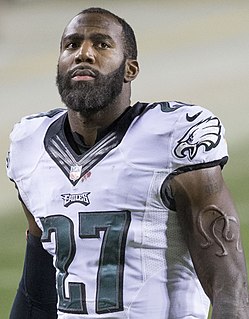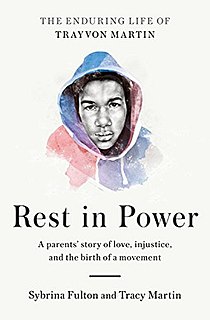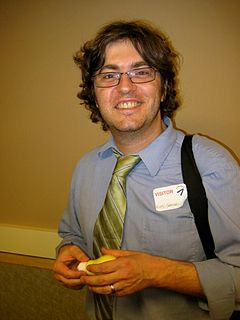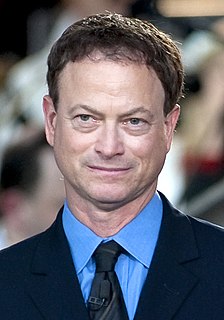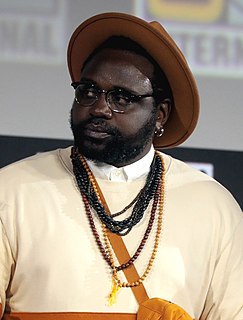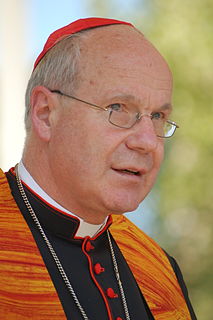A Quote by Millard Fuller
Our mandate in Habitat for Humanity is to work diligently to help bring into being graceful communities, towns, and cities. his is so important because the alternative is disgraceful. We must begin to think like this. If we do, we will increasingly see transformations in our communities.
Related Quotes
I think that we need to begin talking about what does it mean to create these safe spaces in our communities, to begin welcoming one another into our homes and into our communities when they're returning home from prison, people who are on the streets. We need to begin doing the work in our own communities of creating the kind of democracy that we would like to see on a larger scale.
We urgently need to bring to our communities the limitless capacity to love, serve, and create for and with each other. We urgently need to bring the neighbor back into our hoods, not only in our inner cities but also in our suburbs, our gated communities, on Main Street and Wall Street, and on Ivy League campuses.
Black women must help black men understand their full potential lies not in denying black women full access to their humanity and opportunity, but in working diligently to overcome the odds that hamper our progress. Yes, some of that is self-imposed, and we must confront it; and much of it comes from outside. But without courageous and brilliant black women, our communities are greatly diminished.
Here's the problem with Common Core. The Department of Education, like every federal agency, will never be satisfied. They will not stop with it being a suggestion. They will turn it into a mandate.In fact, what they will begin to say to local communities is, you will not get federal money unless do you things the way we want you to do it. And they will use Common Core or any other requirements that exists nationally to force it down the throats of our people in our states.
I think communities of faith are extremely important in this question. I think that all faith communities share a common and unusual distinction in our time of being the only institutions left that can posit some goal other than accumulation for human existence. I think that's enormously important because it is that drive for consumption more than anything else that fuels the environmental devastation around us.
I want to help communities put welfare recipients to work right now, without delay, repairing schools, making their neighborhoods clean and safe, making them shine again. There's lots of work to be done out there. Our cities can find ways to put people to work and bring dignity and strength back to these families.
I would definitely like to see the education process more enhanced in African-American communities, because we need to be educated on laws that are relevant to our communities and our people, as well as to any other ethnic groups. A broader view of how people perceive African-American boys and girls in this country is what I'd like to see.
Designing Online Communities is a must-have for anyone designing or researching online communities, particularly for learning. Owens' work is both comprehensive and eminently readable, a sweeping look at the technologies, design patterns, and cultural forms they produce that is both theoretically ambitious and grounded in examples and tools that will help you develop, research, and manage online communities.
If we are looking for insurance against want and oppression, we will find it only in our neighbors' prosperity and goodwill and, beyond that, in the good health of our worldly places, our homelands. If we were sincerely looking for a place of safety, for real security and success, then we would begin to turn to our communities - and not the communities simply of our human neighbors but also of the water, earth, and air, the plants and animals, all the creatures with whom our local life is shared. (pg. 59, "Racism and the Economy")
I think that's the best thing about being black is that we find a way to make our own communities and always give room for people to pull up to our tables. We always provide a way for other people from different walks of life to come into the communities that we have built because we're so used to being excluded.
I am convinced Pope Francis' Exhortation can help. The effort must be made to read it because an exhortation can only help if you know it. It is valuable to know the work. It is so rich and I can only encourage our pastors and our communities to work on it, study it, read it, and taste the joy of this beautiful document.




